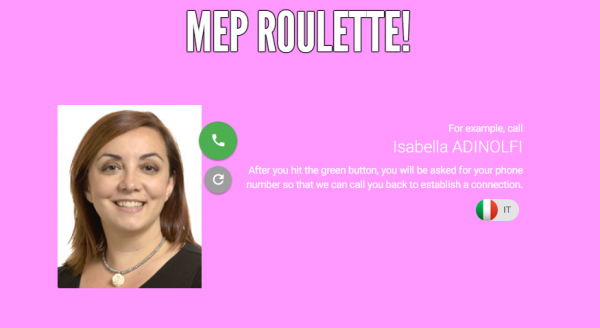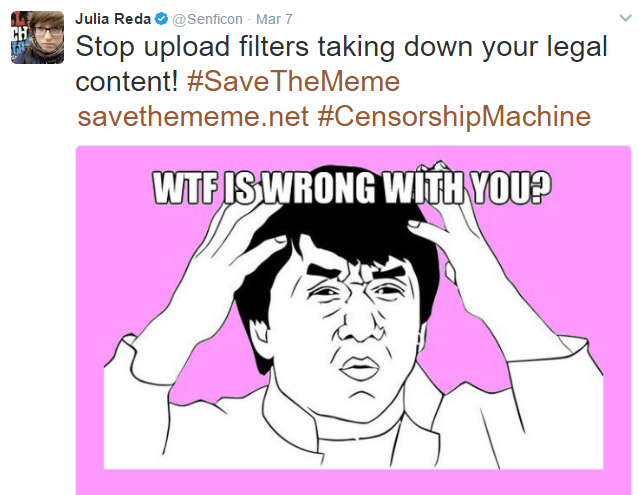KickassTorrents Defense Fights Extradition and Human Rights Violations
jeudi 9 mars 2017 à 22:32 Last week a Polish court ruled that Artem Vaulin, the alleged owner of KickassTorrents, can be extradited to the United States.
Last week a Polish court ruled that Artem Vaulin, the alleged owner of KickassTorrents, can be extradited to the United States.
The decision came as a disappointment to the defense and lead counsel Ira Rothken informs TorrentFreak that they are planning to appeal the initial verdict.
Rothken just returned from a trip to Warsaw, where he met with Vaulin for the first time since his arrest last summer. Before last week he was not allowed to meet with his US counsel, so this represents a small breakthrough.
The alleged KickassTorrents owner still suffers back pain and is currently being treated in prison, where Vaulin and his counsel spoke extensively about the merits of the case as well as potential human rights violations.
“Artem is presumed innocent and the failure to provide him with bail in a novel copyright case on mere torrent files, which is an alleged non-violent crime, violates his human rights,” Rothken says.
“Artem’s incarceration makes it so he can’t meaningfully participate in his defense in a complex Internet copyright case where logically he needs access to the Internet to assist his global legal team.”
KickassTorrents’ defense team is now aiming for a positive outcome in Poland’s appellate court, as well as a win at the European Court of Human Rights.
The Human Rights case will also be, in part, based on the unprecedented punishment the alleged KAT owner faces.
The US indictment mentions over a billion dollars in alleged damage to the entertainment industries and suggests that Vaulin is liable for the criminal infringements of millions of KickassTorrent users.
Each separate offense amounts to several years in prison, bringing the total to a potential sentence of millions of years, which is unprecedented and a record even for the US, Rothken argues.
In addition to the Human Rights complaint, which is still being drafted, the defense has a motion pending in the U.S. where the defense urged the Illinois District Court to dismiss the indictment.
In February, Rothken argued that the case should be dropped since there’s no proof of actual criminal copyright infringement. The US prosecutor disagreed, however, describing KickassTorrents as a piracy haven that made millions of dollars per year.
Earlier this week the prosecution informed the Court about the Polish extradition ruling, but the defense swiftly countered that this should not impact the U.S. decision.
“We are hopeful that the United States Court will promptly rule on the pending motion to dismiss the indictment. We believe the indictment is defective and the motion to dismiss will be granted,” Rothken tells TorrentFreak.
“We also believe if the indictment is found defective then the US extradition request in Poland based on a defective and thus unreliable indictment should fail as a matter of law,” he adds.
As the above shows, the case continues on multiple fronts during the weeks to come. Despite the initial setback in Poland, the defense team remains confident about a positive outcome.
For their part, the US hopes that the extradition will go ahead and that the alleged KickassTorrents operator will argue his case during a trial in the United States.
Source: TF, for the latest info on copyright, file-sharing, torrent sites and ANONYMOUS VPN services.
 Like many other countries around the world, downloading music and movies is hugely popular in the Netherlands.
Like many other countries around the world, downloading music and movies is hugely popular in the Netherlands. This January it was
This January it was 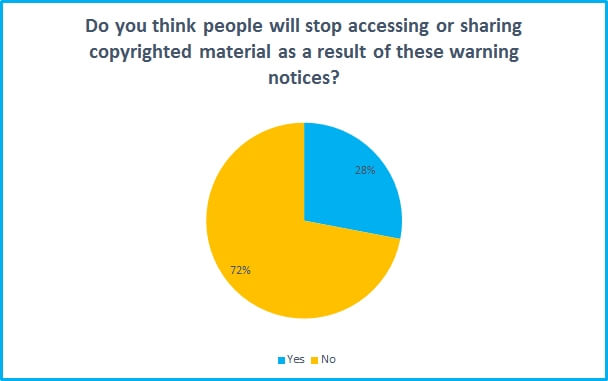
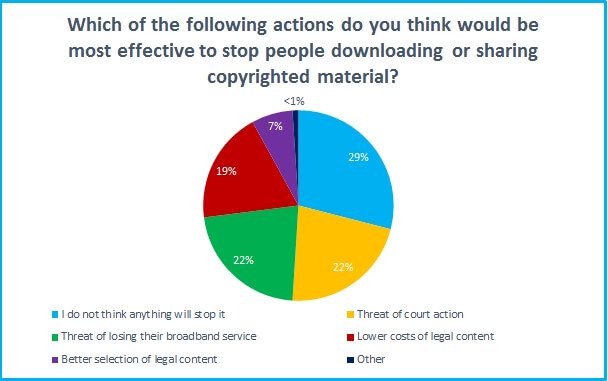
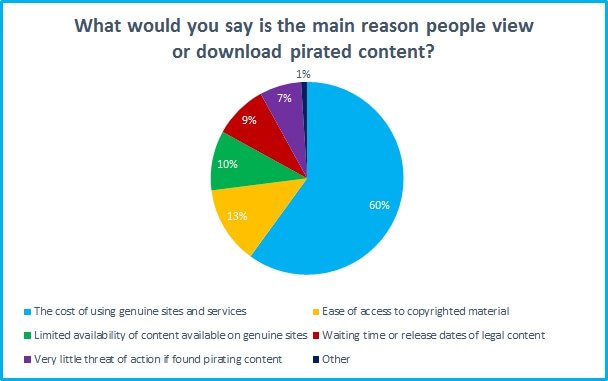

 Last September, the European Commission published its
Last September, the European Commission published its 